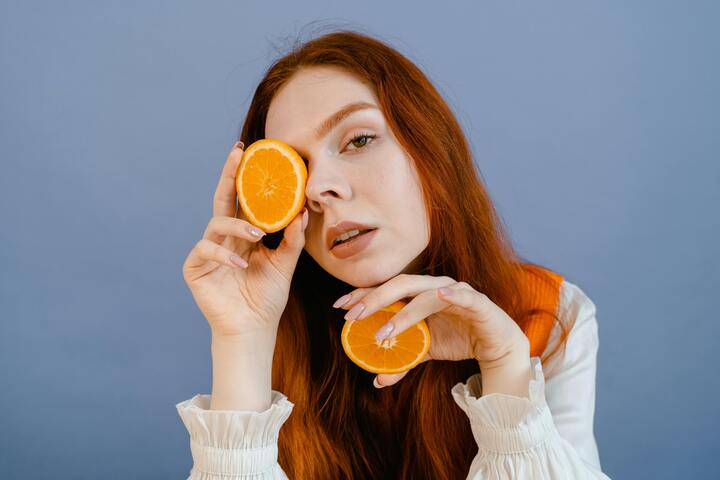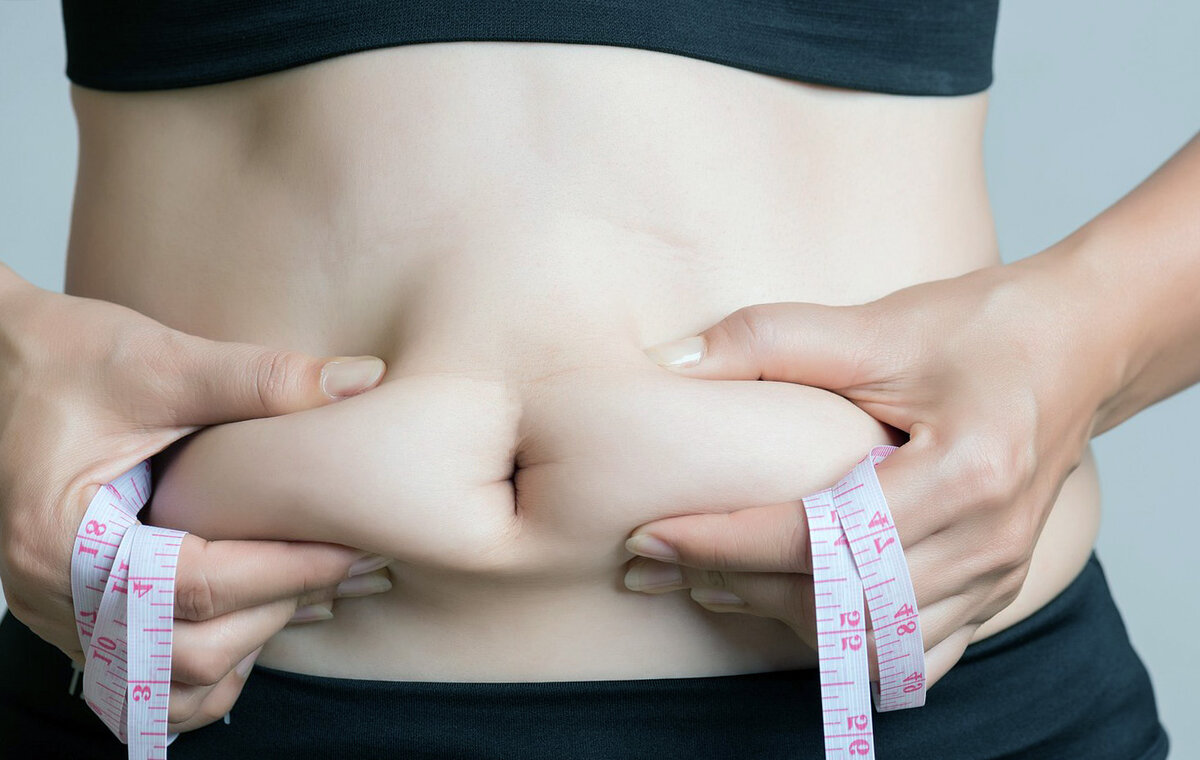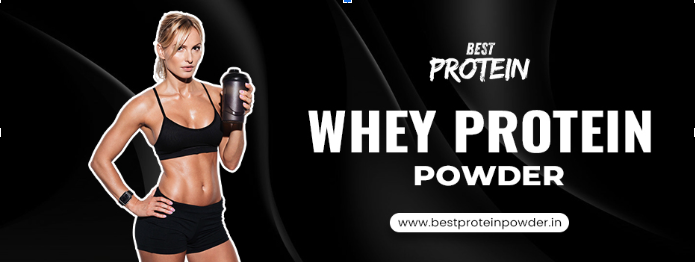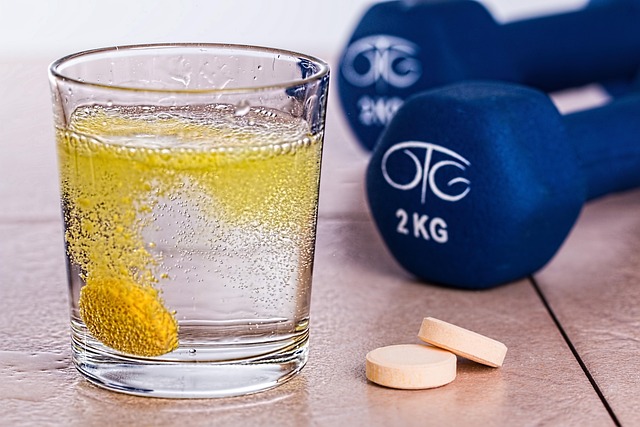Eating For Sight The Diet and Nutrition Guide on Eye Health

Strong 8k brings an ultra-HD IPTV experience to your living room and your pocket.
Ensuring your diet is balanced is crucial for maintaining health and the health of your eyes. While many of us concentrate on the cardiovascular system, the ideal weight of our body, or on getting our energy levels up by food, we often forget the proper nutrition for the eyes. An ophthalmologist in Dubai says you can always schedule a consultation with your local eye doctor, but good nutrition for the eyes always begins at the dining table.
Eating the right foods can maintain good vision and decrease the probability of developing eye diseases, saying goodbye to sight issues for decades.
Why diet is important for eye health
The eyes require a constant supply of vitamins and minerals to survive and function normally because they are intricate organs. They are always subjected to several stresses, such as light, air, and even the environment,t which can cause free radical production, free radicals are unstable atoms that can cause damage to the cells. What
food does is provide nutrients and antioxidants that help the eyes against these damaging effects? The American Academy of Ophthalmology (AAO) advises that poor nutrition increases the chances of suffering from eye diseases like macular degeneration, cataracts, and dry eye syndrome. Well-formulated diets can, however, help achieve optimal eye functioning and also help in pushing off age-related vision deterioration.
Nutrients that support eye health
Here are some benefits of eye health and the food that provides them:
- Vitamin A is necessary for the cornea's health (the transparent layer in front of the eye) and for seeing in dim light.
- Top sources of Vitamin A are carrots, sweet potatoes, spinach, kale, and eggs.
- Vitamin C prevents damage to the body's cells, edema and inflammation from free radicals and oxidative stress, lowering the chances of getting cataracts.
Top sources of Vitamin C are oranges, strawberries, bell peppers, broccoli, and kiwi.
Vitamin E shields eye structures from the damaging impacts of free radicals and may help delay the progression of macular degeneration.
The top sources of Vitamin E are almonds, sunflower seeds, peanuts, and vegetable oils.
Omega-3 Fatty Acids are incorporated into the structure of the retina; they help sustain healthy tear secretion and alleviate other symptoms of dry eye.
Top sources of Omega-3 are salmon, mackerel, chia seeds, flaxseeds, and walnuts.
Lutein and Zeaxanthin are antioxidants in high concentrations in the macula and protect the eye from harmful blue light.
Top sources of Lutein and Zeaxanthin are green leafy vegetables, egg yolks, and even corn.
Zinc gets vitamin A from the liver into the retina and helps with vision in darkness.
Top sources of Zinc are oysters, beef, chickpeas, pumpkin seeds, and fortified cereals.
Eye-friendly meal ideas
It’s quite easy to have these nutrients added to your everyday meals. Check out these
quick yet healthy ways of preparing food for the eyes:
Breakfast: Start your day with a smoothie blended with spinach, mango, orange juice, and chia seeds. Toss in some almonds to boost vitamin E intake.
Lunch: Have a nice kale salad with grilled salmon, avocado, and pumpkin seeds.
Dinner: Serve baked sweet potatoes with a low-fat protein source, like chicken or tofu, and steamed broccoli.
Snacks: Munch on carrot sticks, hummus, or a handful of walnuts.
Eye care lifestyle tips
Eating well is just one element. Mix your nutrition with these eye care lifestyle practices:
Stay hydrated: Dry eyes are less likely to develop if your body is hydrated enough. Use UV-filtering sunglasses: Eyes should be shielded from UV rays, especially outside.
Reduce use of screens: For every 20 minutes of looking at a screen, take a 20-second break and focus on something 20 feet away. (20-20-20 rule)
Book routine eye check-ups: Most eye problems can be prevented if detected at the right time.
Eye health foods to limit/not eat
Here are some examples of food that, in large amounts, are harmful to the eyes:
Processed: Chips, cookies, and fast food contain unhealthy oils, lots of sugar, and other ingredients that greatly help to trigger inflammation.
Sugary beverages: High fructose levels can be detrimental as they increase the chances of diabetes, which is one of the most significant causes of loss of vision.
Excessive alcohol: When consumed in large amounts, vision impairment, as well as dry eyes, vitamin loss, and more problems can develop.
A word on supplements
People at high risk of eye diseases can take supplements, while nutrients from food are recommended for most people. For instance, Age-Related Eye Disease Studies (AREDS and AREDS2) found that certain combinations of vitamins and minerals can effectively reduce the risk of macular degeneration. But before you start to take any supplement consult your physician first. In closing, having a proper diet is one of the healthiest ways to enhance your vision and maintain good eye health.
By eating nutrient-rich foods through your meals daily, you prevent potential eye problems down the road. So next time you have a meal, remember, what’s good for the body is also good for the eyes.
Note: IndiBlogHub features both user-submitted and editorial content. We do not verify third-party contributions. Read our Disclaimer and Privacy Policyfor details.







